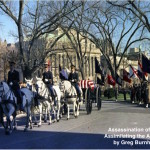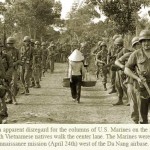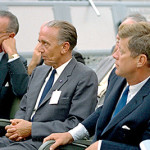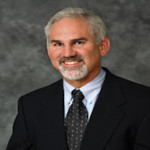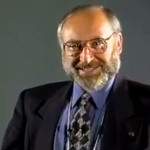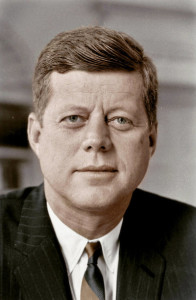
And it was from that basic necessity for security that the Federal Governmentʼs existence derives and it is through perpetuation of such a need, now termed, National Security, that the Federal Government justifies its continued expansion to this very day. And, by logical extension, the prospect of a sustained peace threatened to challenge that expansion in 1963, much as it does today.
While it is true that the federal government has taken on countless additional responsibilities since its inception, it is also true that a great number of these are wholly self-serving and without any direct benefit to the “interests of the great mass of the other people” to whom John Kennedy promised his allegiance. Instead they serve only the interests of the vast Military/Industrial Complexʼs unholy union between the Department of Defense and Corporate America.
As a case in point, during the lame duck period, just after Richard Nixon had lost the 1960 election, the CIA—as it is often wont to do—changed course from Eisenhowerʼs plan for peace. This is most demonstrably seen by their having escalated the Bay of Pigs into a “full on” amphibious assault and then placing Eisenhowerʼs stamp of approval on it. Yet, in an interview with Eisenhower following the Bay of Pigs, he stated unequivocally that he had approved of no such plan! John F. Kennedy inherited, in its then current form, a non-existent Eisenhower Amphibious Assault Plan that had been hatched by the Agency and sold to the new president under a fraudulent pretense.
Following the Bay of Pigs, Kennedy recognized that he had been bamboozled and took the shipʼs helm by storm. The shipʼs course began to be righted, not at first, but gradually—its captain, having gained sufficient experience—became bold.
He refused to invade Cuba both during the Bay of Pigs and during the Cuban Missile Crisis; he pared back the CIA by signing National Security Action Memorandums 55, 56, and 57, making the Joint Chiefs of Staff directly responsible to the President for all Cold War Operations—effectively pulling the CIAʼs teeth; he directed the federal government to intervene in States where the Civil Rights of minorities were most egregiously being violated; he signed Executive Order 11110 extricating the United States from the death grip of debt imposed by the Federal Reserve thus allowing money to be printed directly by the Treasury Department…interest free; he took a giant leap toward peace during his speech at the American University where, for the first time, Americans were challenged—not to view the Soviets as a threat — but rather to see the Russians as a People. On October 11, 1963 JFK solidified his commitment to peace by signing National Security Action Memorandum 263, ordering all personnel out of Vietnam by the end of 1965; and finally, his determination to explore pursuits of mutual benefit to both the United States and the Soviet Union is displayed in National Security Action Memorandum 271, of November 12, 1963 in which JFK instructs NASA to cooperate with the Soviet Union in outer space matters and joint lunar landing programs.
Ten days later the enemies of peace acted against him and the winds of war prevailed. But, like I said when I started, the 50th anniversary is much larger than all of that. Itʼs bigger than David Morales, David Atlee Phillips, William Harvey, anti-Castro Cubans, the Mafia, the Warren Commission, the Church Committee, the HSCA, the FBI, CIA, and even LBJ. Itʼs bigger than questions surrounding the accuracy of the Mannlicher Carcano rifle, the marksmanship of the suspect, the exact number of shots fired, the changed motorcade route, the magic bullet theory, or the politics of Dallasʼ Mayor Earl Cabell whose brother, General Charles Cabell, was fired from the CIA by Kennedy following the Bay of Pigs.
